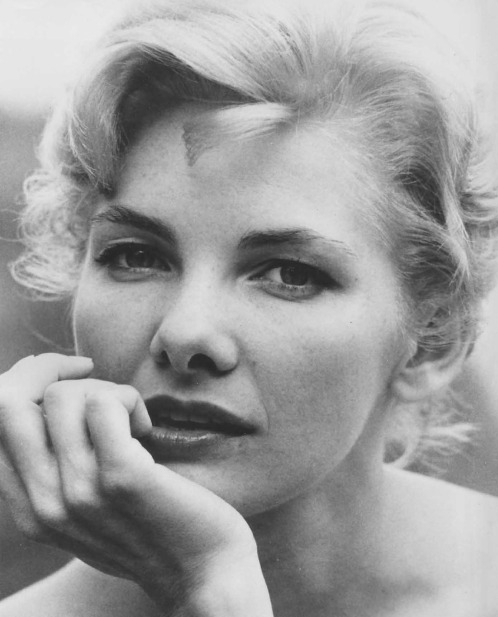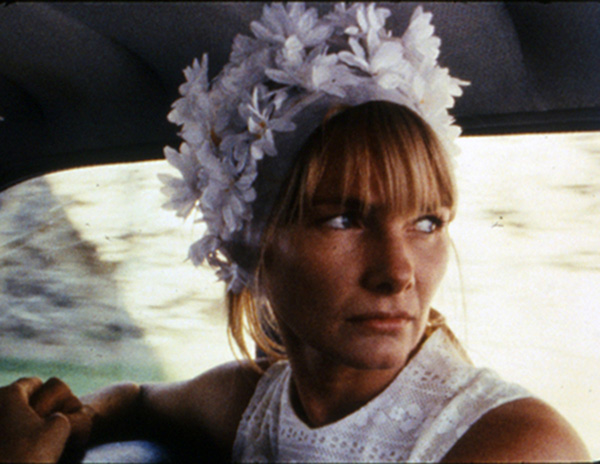Listen to this episode on Apple Podcasts.
Barbara Loden won a Tony Award for playing a character based on Marilyn Monroe in Arthur Miller’s After the Fall. Like Marilyn, Barbara was a beauty with no pedigree who fled a hopeless upbringing in search of the fulfillment of fame. Like Marilyn, Loden found some measure of security as the mistress (and eventual wife) of a powerful man, in Loden’s case Elia Kazan. But instead of satisfying her, her small taste of fame and her relationship with Kazan left Barbara Loden wanting more, which would lead her to write, direct and star in a groundbreaking independent movie of her own.
Show notes:
Sources:
I wrote about the restoration of Wanda for the LA Weekly in 2011. Though I did additional research for this episode, I incorporated some text and research from that earlier piece here.
Other sources:
Elia Kazan, A Life by Elia Kazan
Suite for Barbara Loden by Nathalie Leger
Elia Kazan: The Cinema of an American Outsider by Brian Neve
The Mommie Dearest Diary: Carol Ann Tells All by Rutanya Alda
“Conversation on Wanda by Barbara Loden” by Marguerite Duras and Elia Kazan
“The Lonely Female Taxi Driver: Barbara Loden's Wanda” by Jacqueline Valencia
Barbara Loden clippings files, Margaret Herrick Library, Academy of Motion Picture Arts and Sciences
Credits:
This episode was edited by Sam Dingman, and produced by Karina Longworth with the assistance of Lindsey D. Schoenholtz. Our logo was designed by Teddy Blanks.




